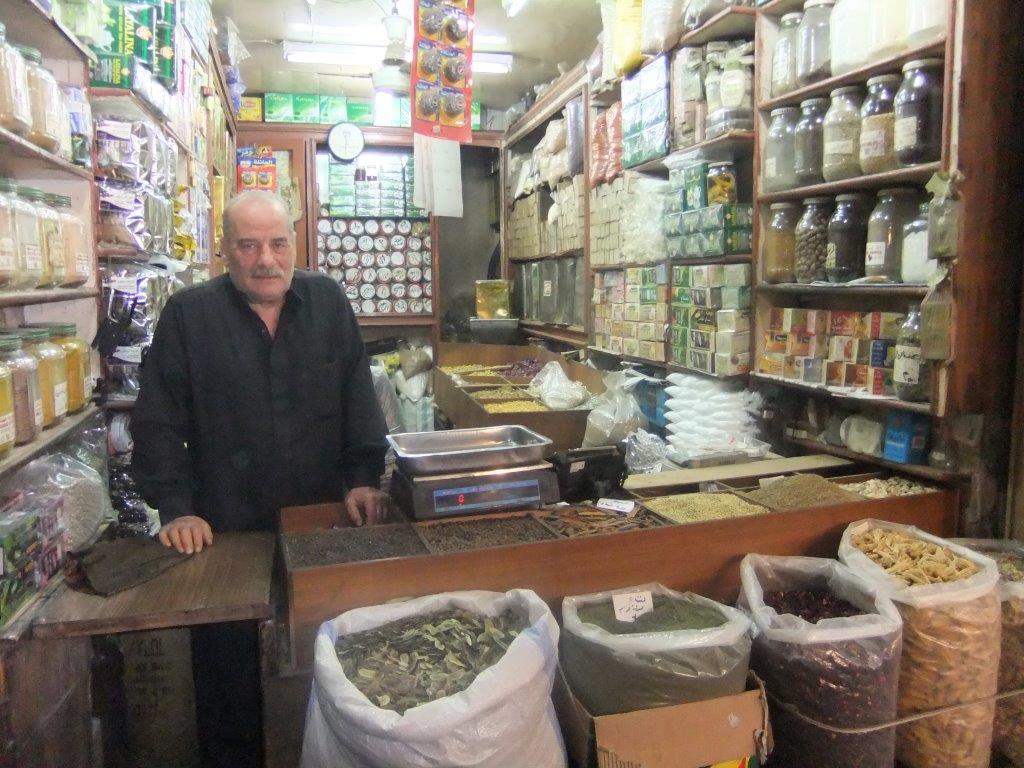I visited Syria with my wife and daughter in 2010 and we found people there to be friendly and gracious. A cruel civil war has now forced an estimated two million of them to seek refuge in neighbouring countries ill-equipped to deal with such a human surge. The UN has pleaded with countries such as Canada to provide a home for at least some of those displaced people and in July 2013, Ottawa agreed to accept a mere 1,300 of them. Nine months later, in March 2014, the Toronto Star reported that only about 10 government-sponsored refugees had managed to enter Canada in 2013.
A spokesperson for Immigration Minister Chris Alexander attempted to shift part of the blame to churches and other groups within Canada who sponsor refugees. “We encourage sponsorship agreement holders to do their part to help displaced Syrians as well,” he said. This claim is particularly galling because there are groups willing to sponsor refugees but cannot do so because they are waiting for the government to provide names and permission.
Contrast today’s situation to that of 1956, when Canada admitted more than 37,000 Hungarians following the Soviet Union’s crushing of an uprising in that country. In 1979, Ottawa responded to a refugee crisis in South-East Asia by announcing that 50,000 people would be resettled in Canada by the end of 1980.
But we now have a government that routinely vilifies people who have fled war and persecution. They are regularly accused of being “bogus refugees” who merely want to exploit the generosity of Canadians. Amnesty International’s Alex Neve says use of the term “bogus refugee claimants” by Minister Alexander is “pejorative, inflammatory and meaningless.” Neve says: “How can the Minister possibly be labelling any refugee claimant as bogus before their claim has been evaluated? It may very well be accepted. It may in fact be exceptionally strong and compelling. He does not know.”
In June 2012, Ottawa also cut off access to health care for asylum seekers, alleging (falsely) that refugee claimants were receiving better health care than Canadians. Doctors and health-care providers begged to have those cuts reversed and staged public protests against a move which they said would impair the health of vulnerable people. A recent study confirms that is what has happened. Hospital admission rates for refugee children who used the emergency ward at Sick Kids hospital in Toronto doubled after Ottawa chopped health-care coverage for asylum seekers. Parents delayed seeking medical help until their children became really ill, and as a result more of the children had to be hospitalized. Sick Kids hospital decided to provide health coverage anyway and Ottawa’s financial responsibility was picked up by the province.
In 1999, Canadian church leaders issued a statement called Let us Welcome the Stranger. They talked about the biblical exhortation to “welcome the stranger who comes seeking peace and safety in our country.” Canada’s government is attempting to replace that hallowed tradition by sowing fear and distrust in its place.




